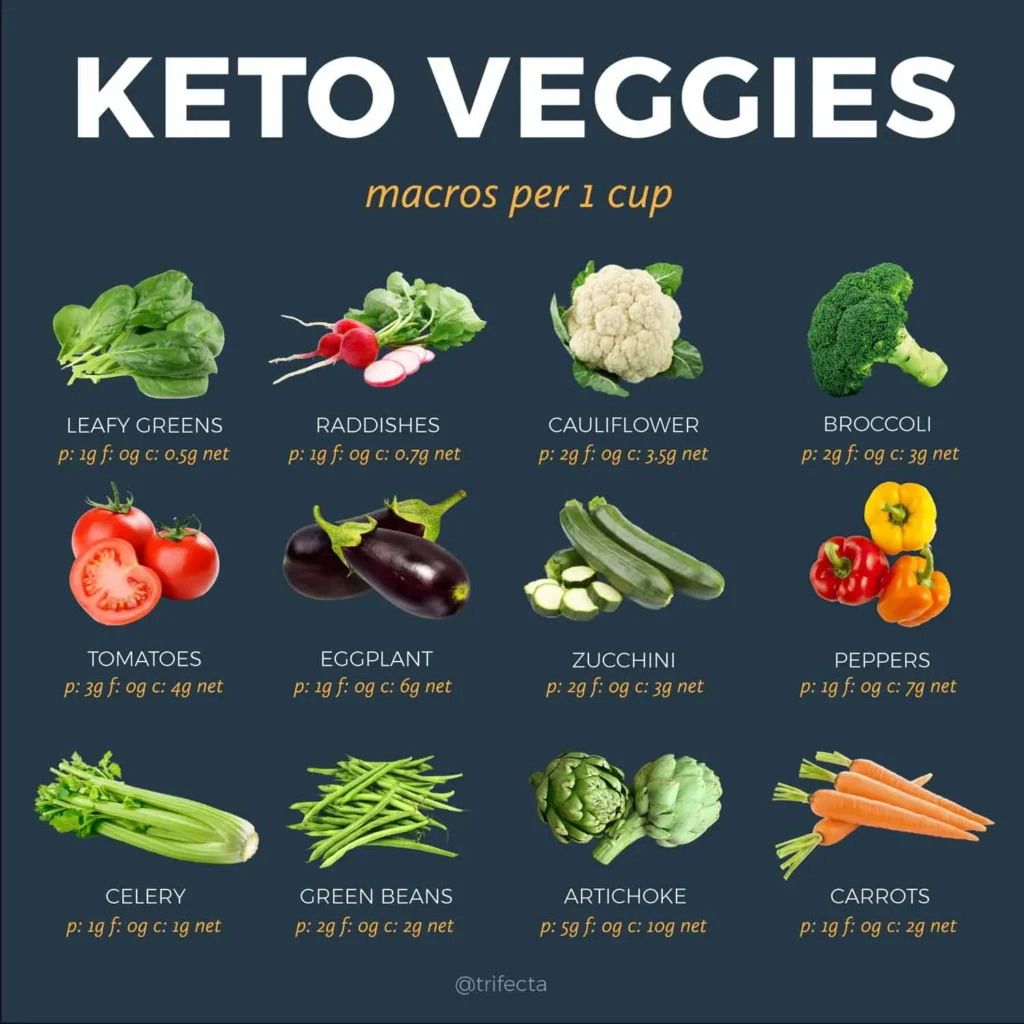Keto and Cardio: How Low-Carb Eating Can Boost Endurance
The ketogenic diet, commonly known as keto, has gained popularity in recent years for its ability to help individuals lose weight and improve their overall health. But did you know that following a keto diet can also boost your cardiovascular endurance?
Cardiovascular exercise, such as running, cycling, or swimming, relies on the body’s ability to efficiently use oxygen to produce energy. This process, known as aerobic metabolism, typically relies on carbohydrates as the primary source of fuel. However, when you follow a keto diet, your body enters a state of ketosis, where it burns fat for fuel instead of carbohydrates.
At first glance, this may seem counterintuitive to improving endurance, as carbohydrates are often touted as the preferred fuel source for high-intensity exercise. However, research has shown that individuals following a keto diet can experience improvements in cardiovascular endurance due to several key factors.
Firstly, keto-adaptation, the process of transitioning from using carbohydrates to fat as the primary fuel source, can lead to increased fat oxidation rates during exercise. This means that individuals on a keto diet are better equipped to utilize stored body fat for energy, which can prolong endurance during long bouts of cardiovascular exercise.
Additionally, following a keto diet can lead to improved mitochondrial function. Mitochondria are the powerhouse of the cell and are responsible for producing energy in the form of ATP. Research has shown that ketones, the byproducts of fat metabolism in ketosis, can enhance mitochondrial efficiency and promote greater endurance during aerobic exercise.
Furthermore, the ketogenic diet has been shown to reduce inflammation and oxidative stress in the body, both of which can negatively impact cardiovascular health and endurance. By reducing inflammation and oxidative stress, individuals on a keto diet may experience faster recovery times and improved overall performance during cardio workouts.
It’s important to note that transitioning to a keto diet can be challenging, especially for athletes who are used to consuming a high-carbohydrate diet. It may take some time for your body to adapt to using fat as its primary fuel source, so it’s important to be patient and listen to your body during the adaptation phase.
In conclusion, following a keto diet can have a positive impact on cardiovascular endurance by improving fat oxidation rates, enhancing mitochondrial function, and reducing inflammation and oxidative stress in the body. If you’re looking to boost your endurance and improve your cardiovascular health, consider incorporating keto-friendly foods into your diet and see how it can benefit your performance.
